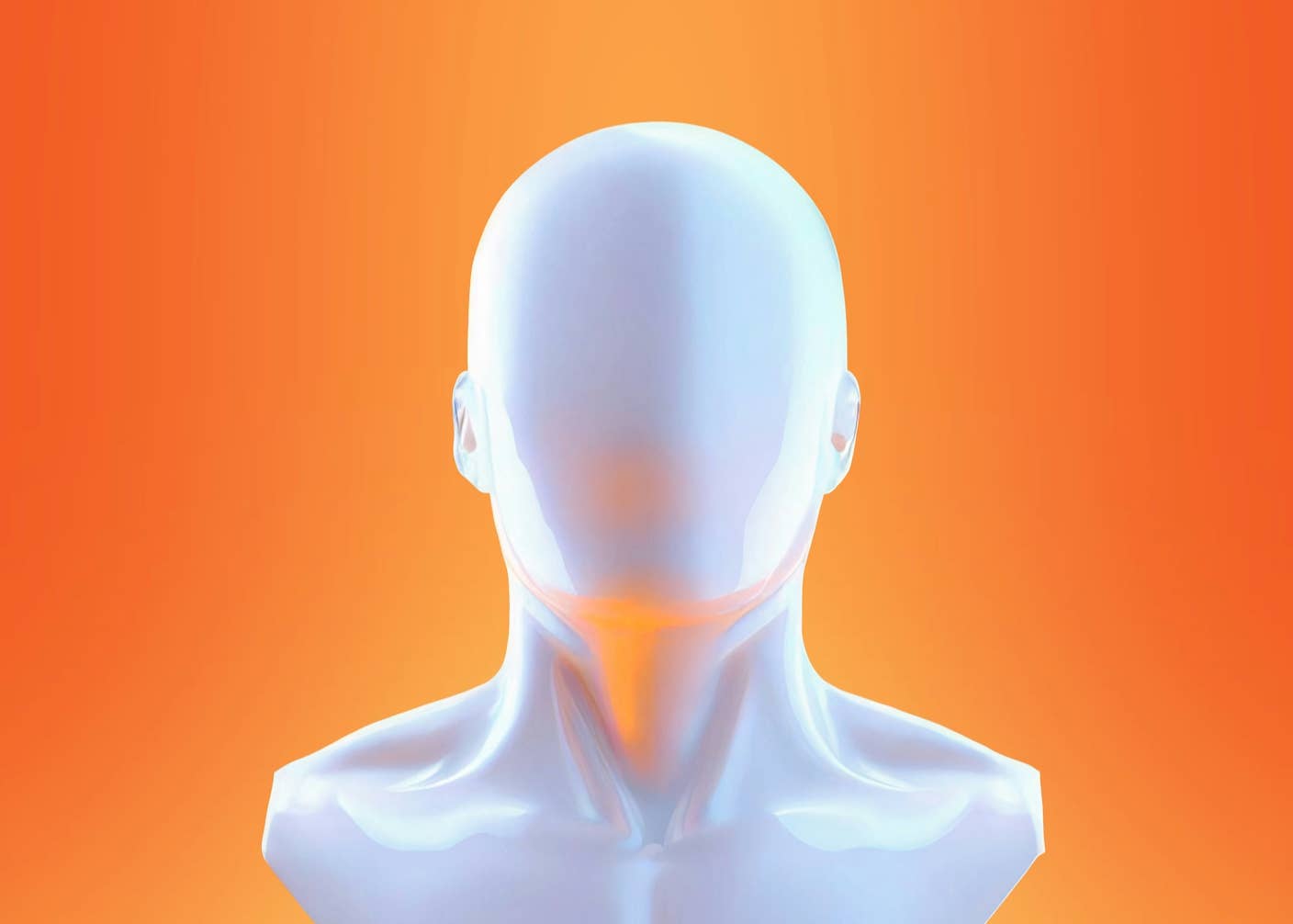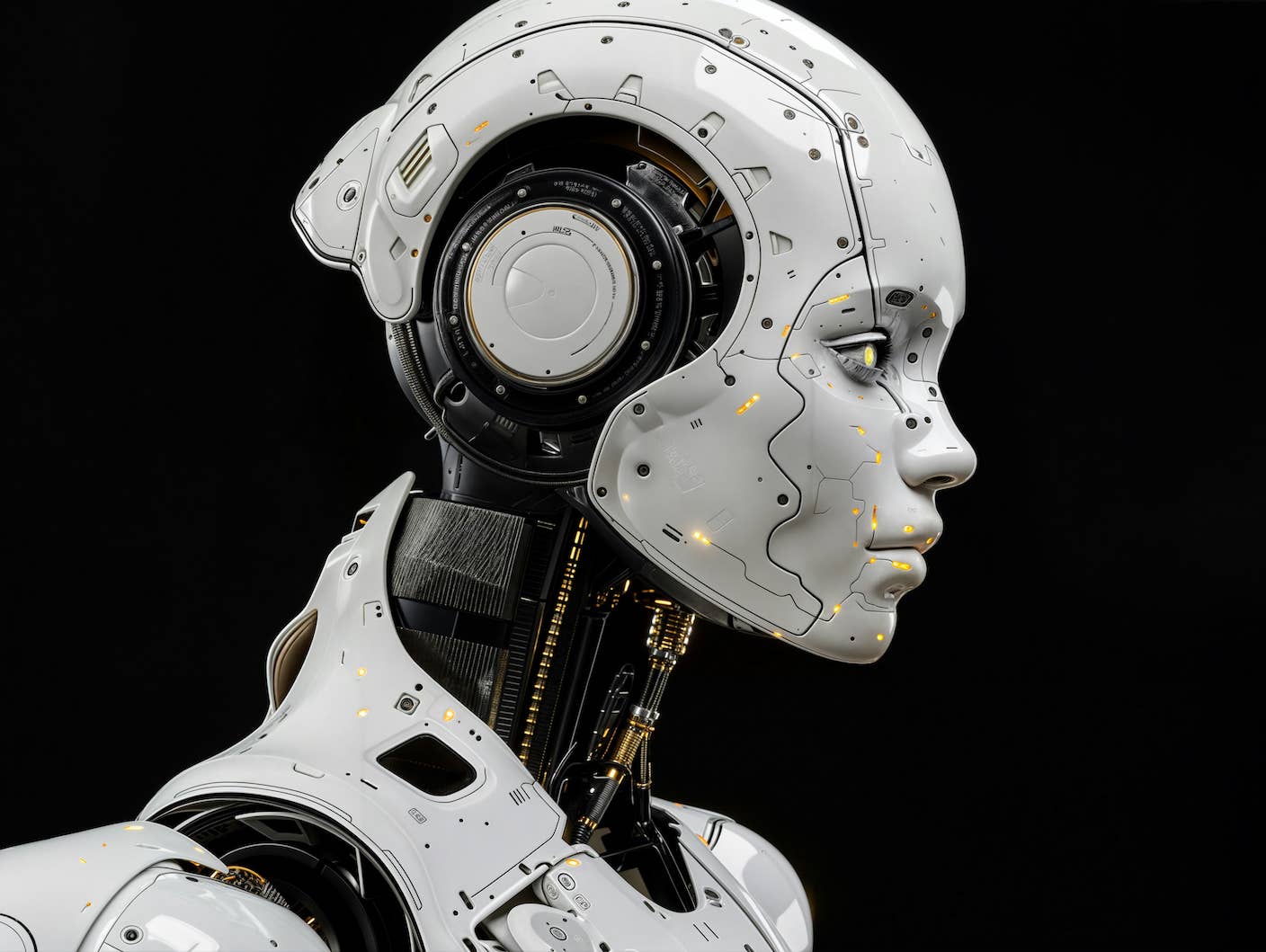Just a Few of the Amazing Things AI Is Doing in Healthcare

Share
In an interview at Singularity University’s Exponential Medicine in San Diego, Neil Jacobstein shared some groundbreaking developments in artificial intelligence for healthcare.
Jacobstein is Singularity University’s faculty chair in AI and robotics, a distinguished visiting scholar at Stanford University's MediaX Program, and has served as an AI technical consultant on research and development projects for organizations like DARPA, Deloitte, NASA, Boeing, and many more.
According to Jacobstein, 2017 was an exciting year for AI, not only due to how the technology matured, but also thanks to new applications and successes in several health domains.
Among the examples cited in his interview, Jacobstein referenced a 2017 breakthrough at Stanford University where an AI system was used for skin cancer identification. To train the system, the team showed a convolutional neural network images of 129,000 skin lesions. The system was able to differentiate between images displaying malignant melanomas and benign skin lesions. When tested against 21 board-certified dermatologists, the system made comparable diagnostic calls.
Pattern recognition and image detection are just two examples of successful uses of AI in healthcare and medicine—the list goes on.
Be Part of the Future
Sign up to receive top stories about groundbreaking technologies and visionary thinkers from SingularityHub.


“We’re seeing AI and machine learning systems performing at narrow tasks remarkably well, and getting breakthrough results both in AI for problem-solving and AI with medicine,” Jacobstein said.
He continued, “We are not seeing super-human terminator systems. But we are seeing more members of the AI community paying attention to managing the downside risk of AI responsibly.”
Watch the full interview to learn more examples of how AI is advancing in healthcare and medicine and elsewhere and what Jacobstein thinks is coming next.
Image Credit: GrAI / Shutterstock.com
Related Articles

What the Rise of AI Scientists May Mean for Human Research

Scientists Want to Give ChatGPT an Inner Monologue to Improve Its ‘Thinking’

Humanity’s Last Exam Stumps Top AI Models—and That’s a Good Thing
What we’re reading
